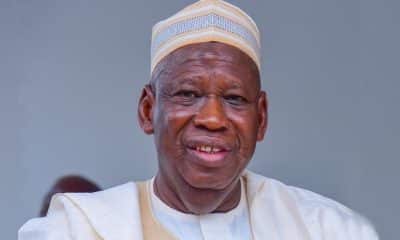Nigeria News
Why Chibok Girls’ Parents Turn To TB Joshua
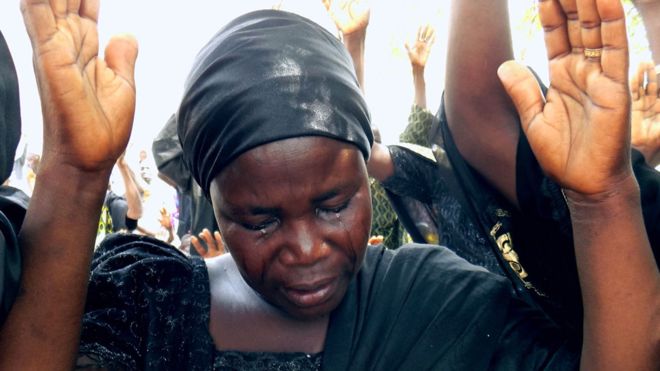
Nigerian writer Adaobi Tricia Nwaubani recounts despair the parents of Chibok girls, five years after the abduction of their daughters.
The parents of Chibok’s girls fear that an invisible force, beyond Boko Haram, is causing the unrest they have experienced in the last five years since their daughters were abducted from their school in northeastern Nigeria.
Of more than 200 girls abducted from their dormitory on April 14, 2014, 107 were rescued or released during negotiations between the Nigerian government and Islamist militants, and more than 100 are still missing.
“Something is chasing us one way or another,” said Yakubu Nkeki, president of the association of parents of abducted girls whose niece was part of the latest batch of girls released in May 2017.
Mr Nkeki has a whole list of problems to support his suspicions.
In April of last year, the parents of some of the released girls were victims of a terrible car accident.
They travelled together to a meeting at a Yola University, where their daughters are enrolled in a special government-run course.
One parent died instantly and 17 others were taken to the hospital as a result of their injuries.
In January of this year, 18 brothers and sisters of some of the missing girls from Chibok, whose education is sponsored by a local charity, were returning to school when the rental vehicle they were travelling to had an accident.
Eight of the children sustained serious injuries.
Zannah Lawan, secretary of the Parents’ Association, who escorted students to school, was also seriously injured.
Rancour growing
A few weeks later, in March, injured children were ready to return to school.
Mr Nkeki accompanied them to school, dropped them off and left for the house.
The rental car he was travelling in had an accident.
“The car rolled over, but I was not hurt,” he said, but added, “These things that happen are not ordinary.

Rifkatu Galang, abducted at the age of 17 from Chibok School, remains in captivity.
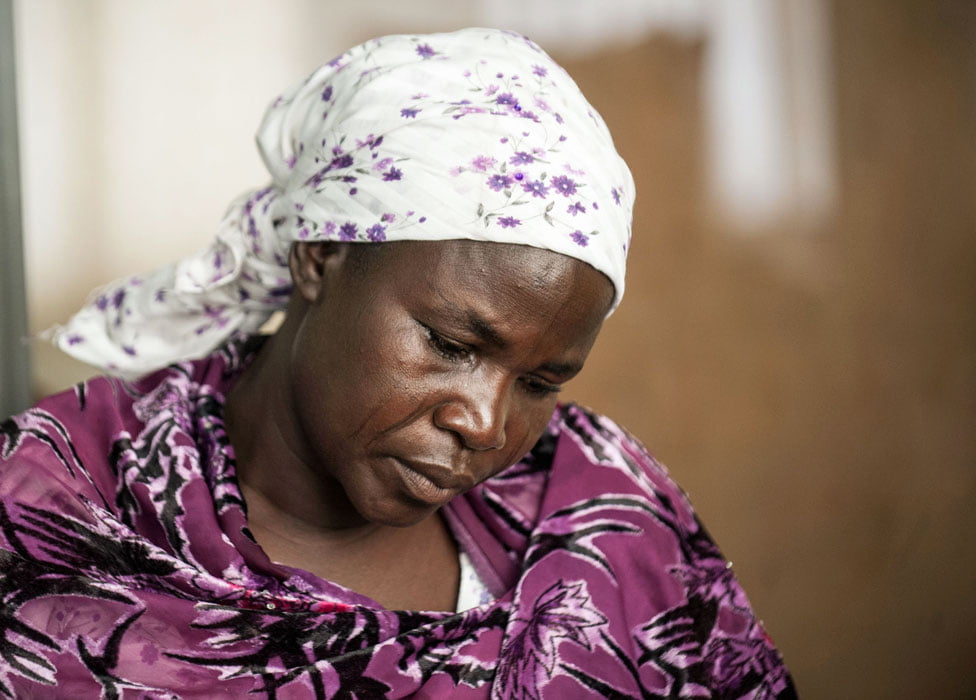
Yana Galang
“Nobody comes to us to talk about girls”. | Yana Galang, Mother of Rifkatu, still missing
A total of 34 members of the parents’ association died between the time their daughters were abducted and today, victims of accidents, illnesses and other Boko Haram attacks.
Mr Nkeki is also concerned about growing grievance within the association.
Meetings often end with quarrels as parents try to fight each other and have to be physically separated.
Last year, some relatives of the missing girls threatened to block the bus convoy that was taking the liberated girls back to Yola, at the American University of Nigeria, after their summer vacation.
They felt that the girls’ liberation and school attendance had diverted the attention of their girls still in captivity.
In search of miracles
For the fifth anniversary of the kidnappings, which sparked international outrage and a global #BringBackOurGirls campaign for girls’ liberation, they chose to focus on supernatural assistance.
At the beginning of April, parents’ association representatives travelled more than 48 hours by car from Chibok to Lagos, to meet a popular televangelist, TB Joshua.
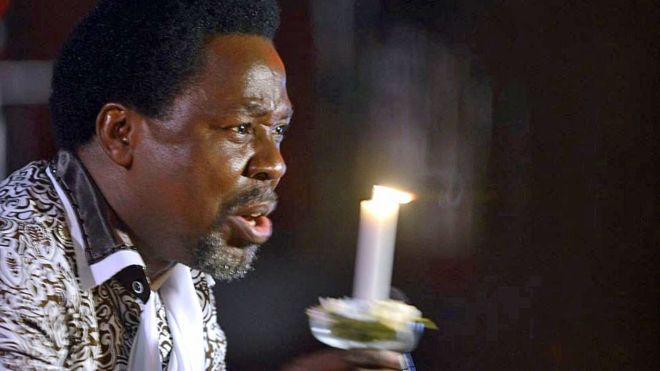
TB Joshua is a very popular televangelist.
He is the founder of The Synagogue, SCOAN, and one of Nigeria’s most revered and influential preachers.
Thousands of people come from all over the world to SCOAN headquarters in Ikotun District, Lagos to search for miracles and hear prophecies.
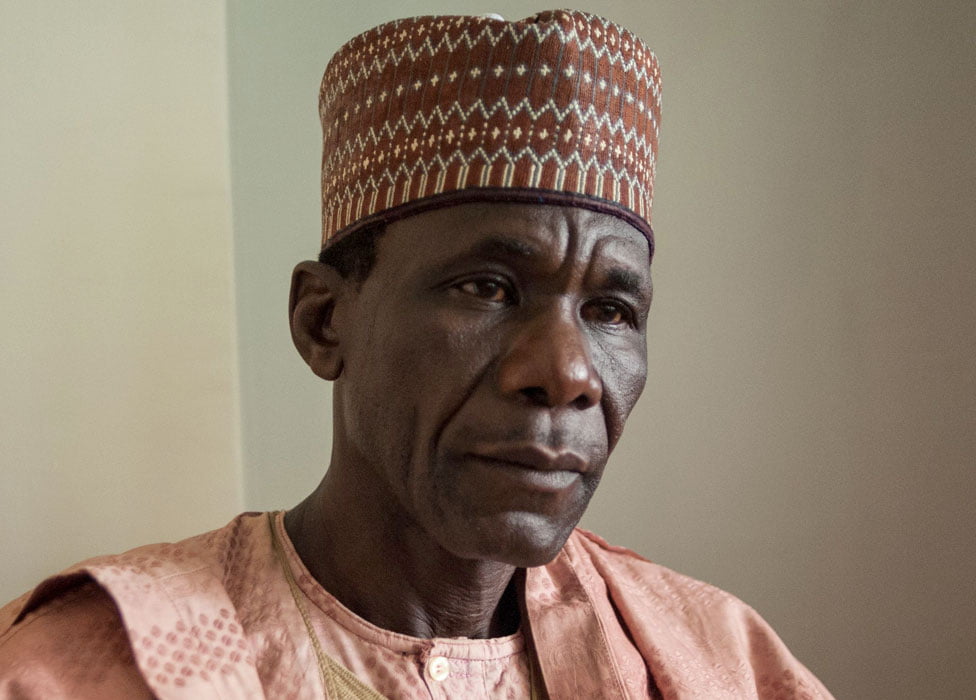
Yakubu Nkeki
“We decided to come to TB Joshua because we saw him on TV and we see how he works miracles” | Yakubu Nkeki, President of the Chibok Parents Association
Among the participants in the Lagos trip was a relative of Leah Sharibu, the 14-year-old girl who, on February 2018, was led by activists with more than 100 girls from another school – that of Dapchi, in the northeast of the city.
Some of Dapchi’s daughters died during their trip with Boko Haram while the others returned a month later as a result of negotiations between the militants and the Nigerian government.
But Leah was chosen because she refused to convert from Christianity to Islam.
Despite the government’s promises regarding her release, she turned 15 in captivity.
His two sick parents decided to send a close relative to represent them at the meeting with TB Joshua.











